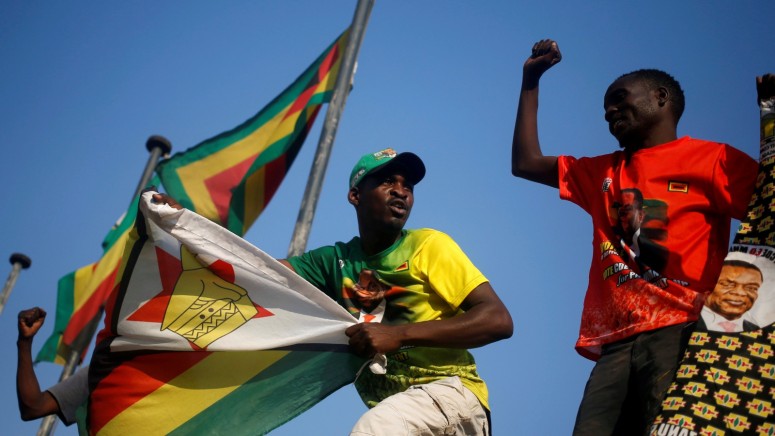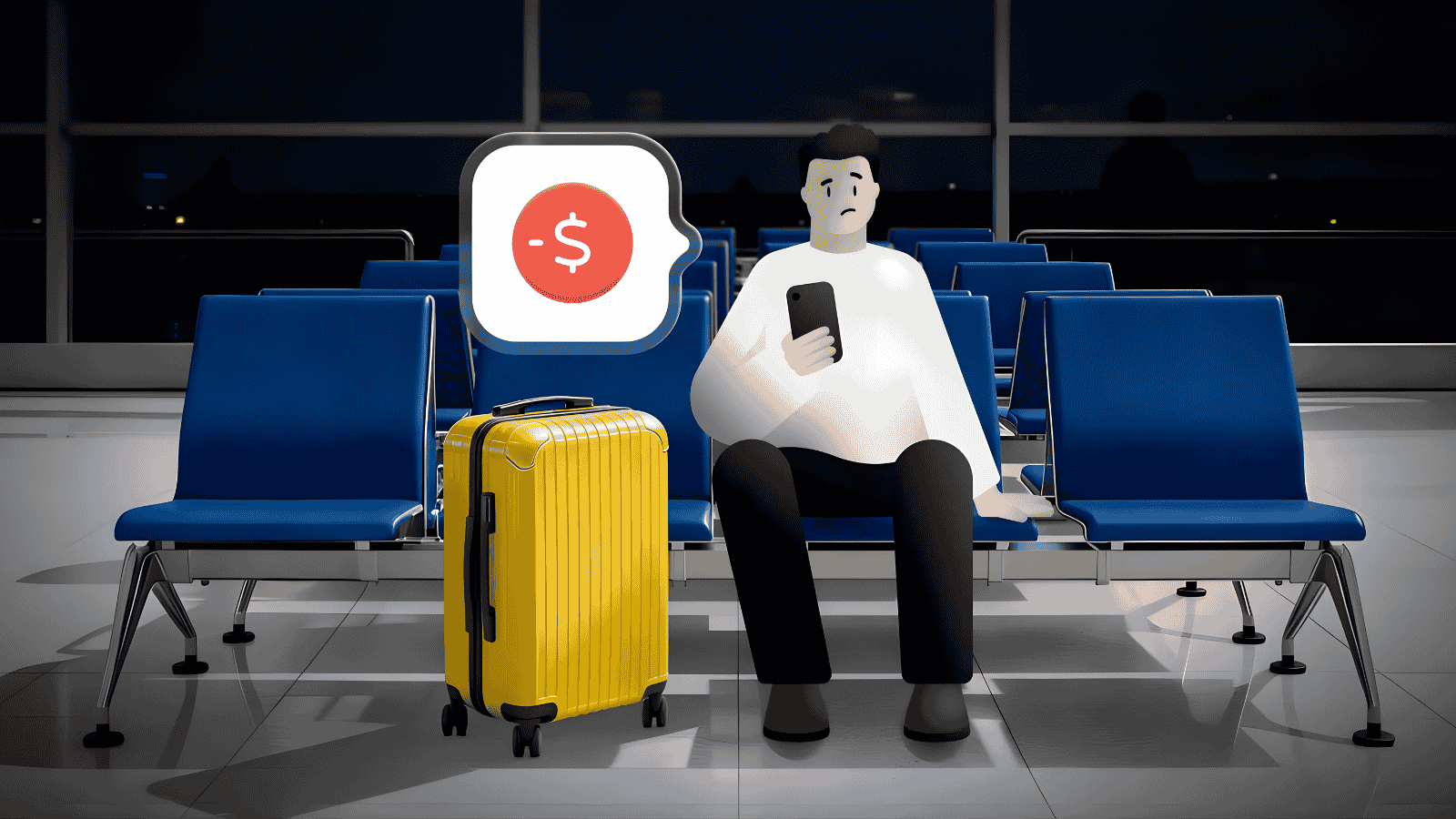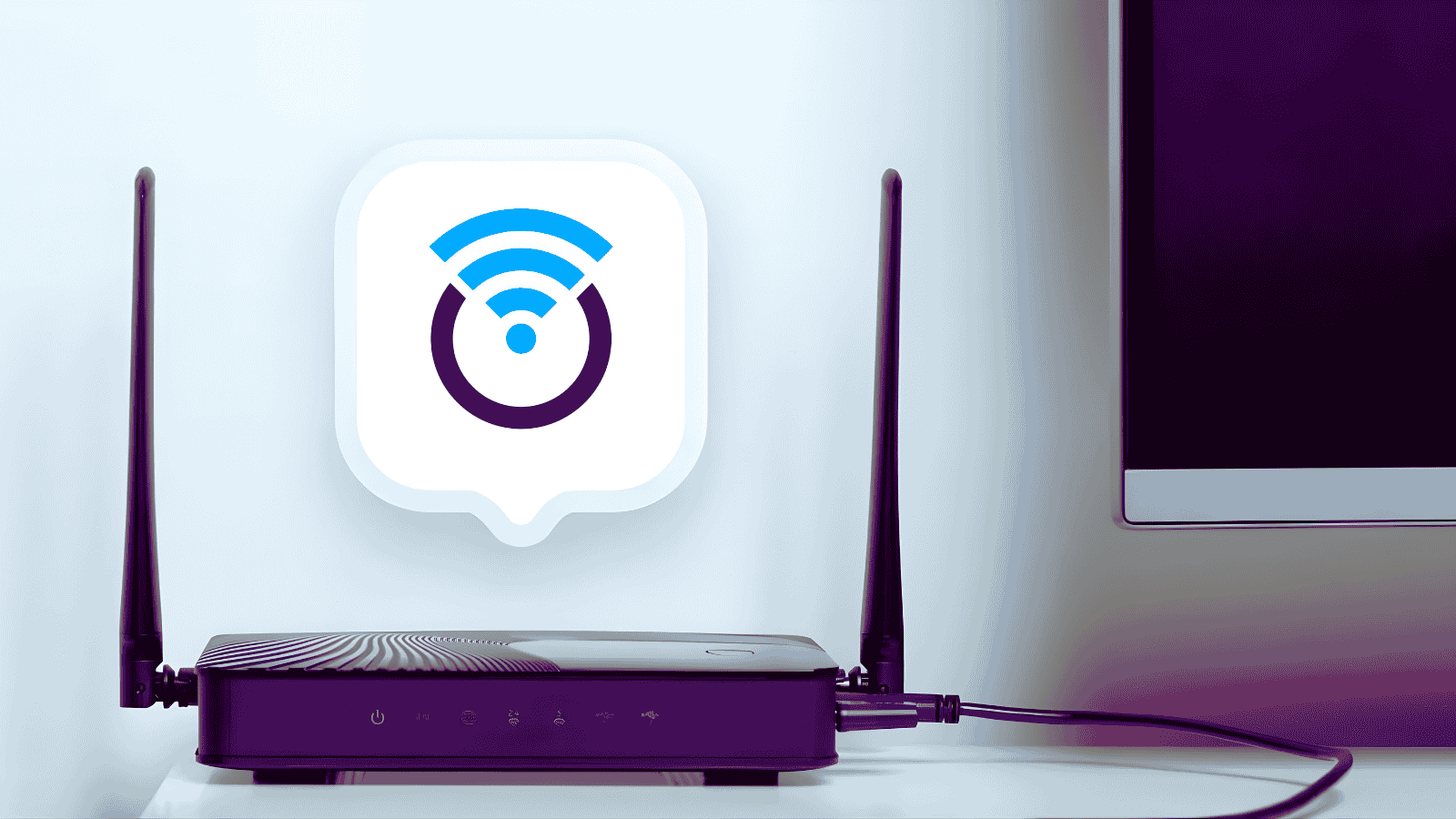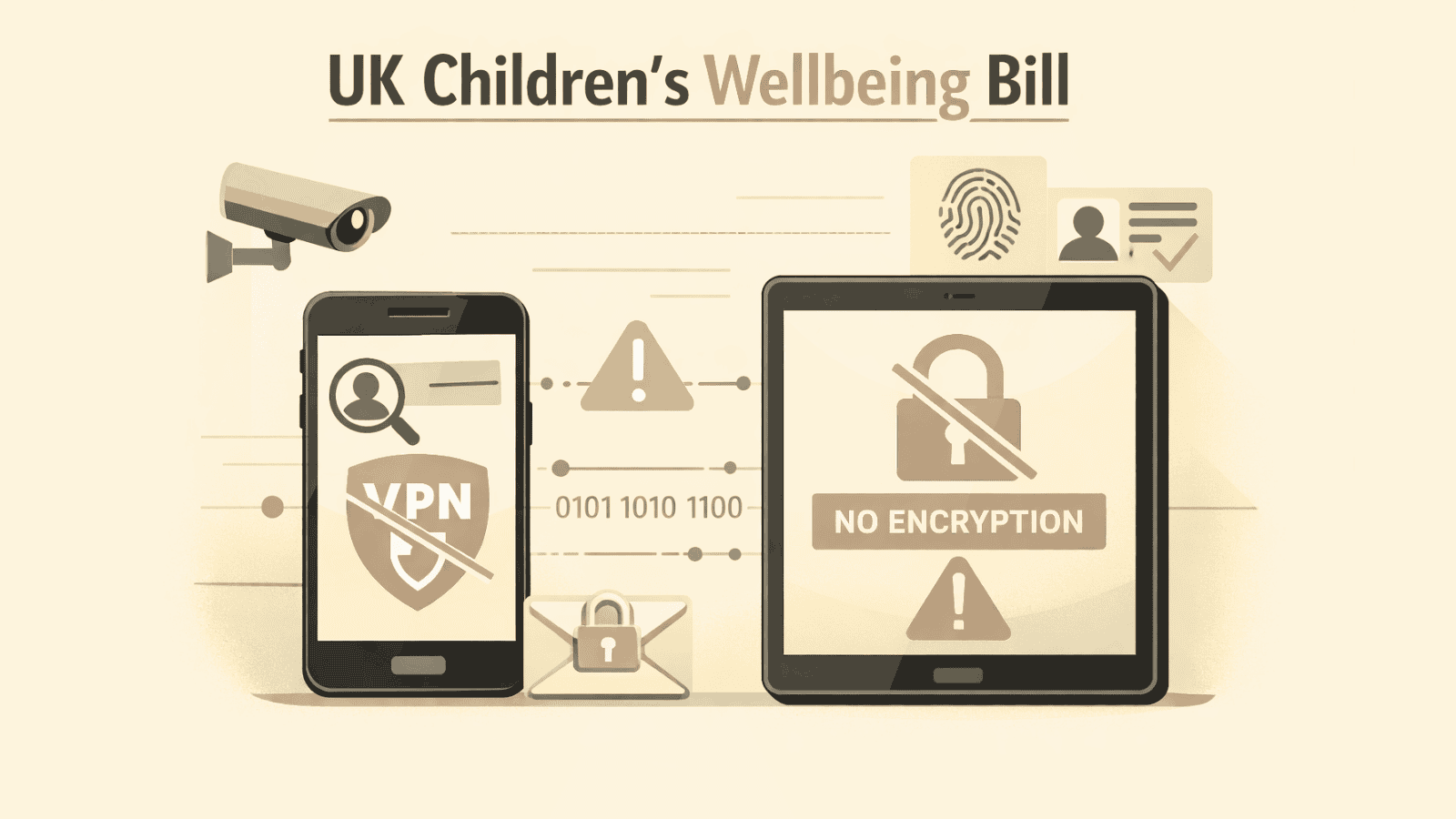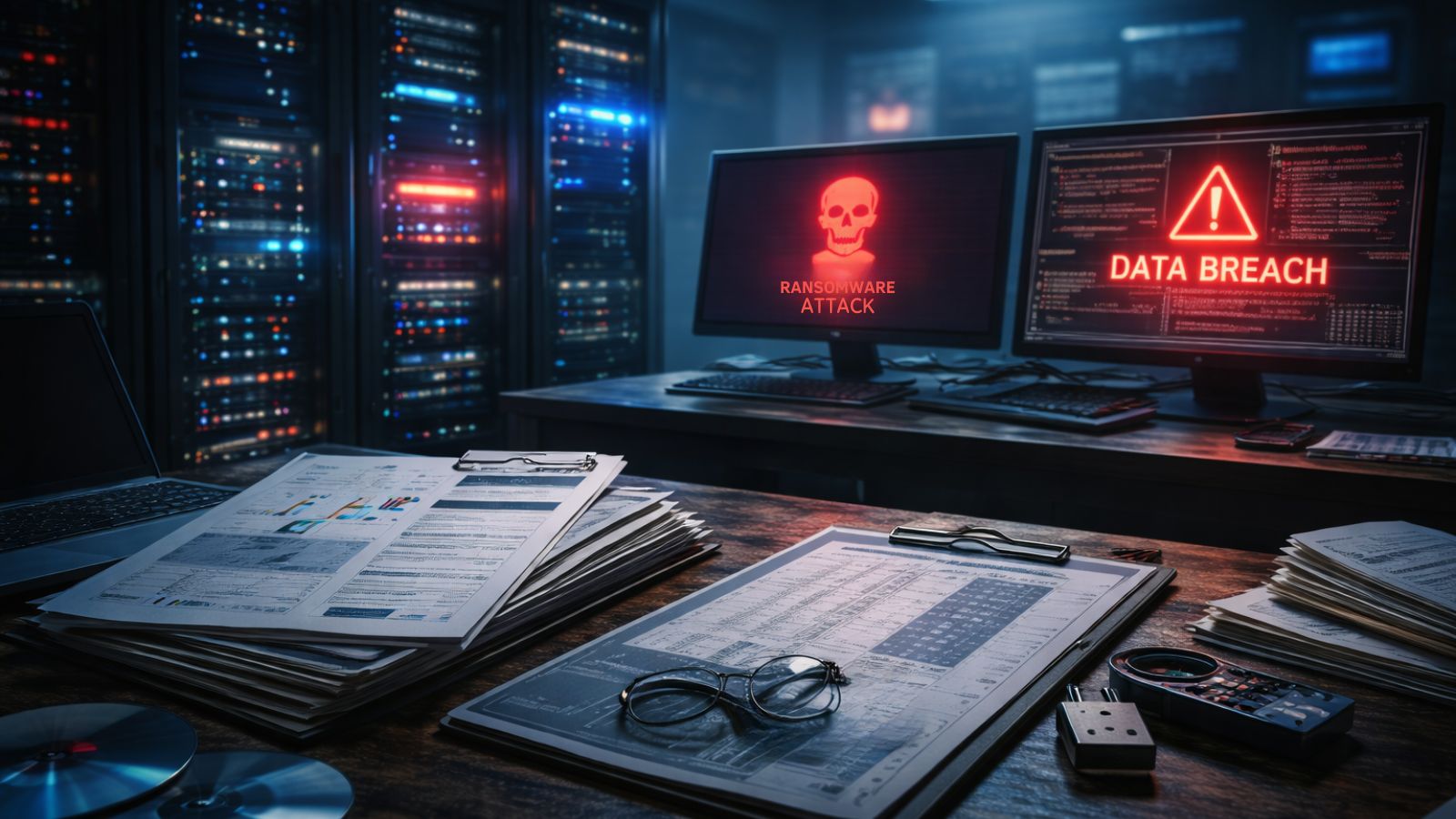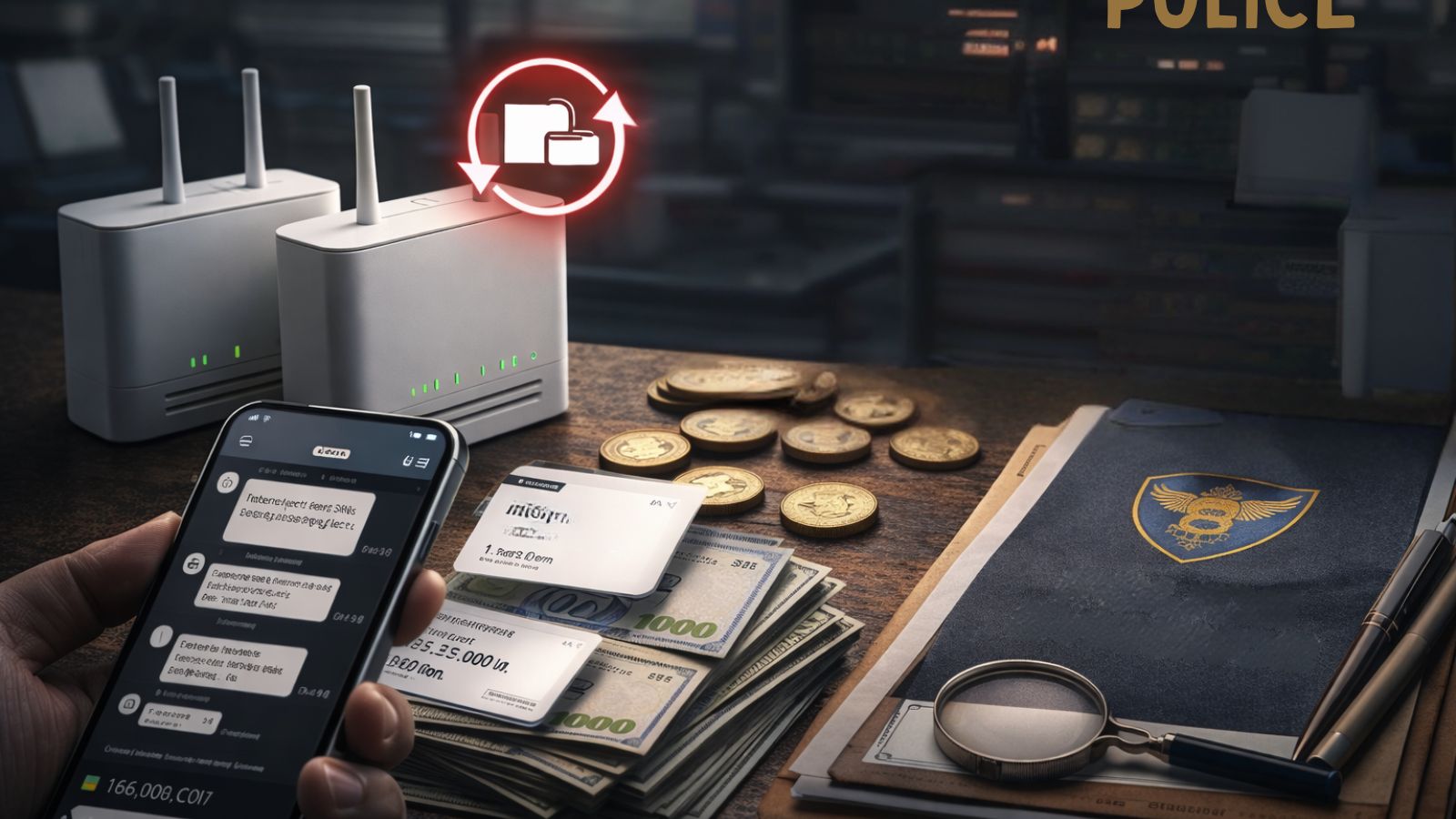
Internet Blackout and VPN Usage Spike in Zimbabwe Amid Large-Scale Civil Unrest
- Zimbabwean government blocks access to social media platforms and shuts down Internet Service Providers (ISPs).
- Civil unrest brought oppression escalation, resulting in a line of violence and repression.
- Zimbabweans use VPNs to get around the blockages, aligning with a MISA recommendation.
Zimbabwe is on an economical downward spiral since 2017, and the situation has now gotten out of control, with civilian protests meeting forceful crackdown by the police and security forces. The social unrest stems from skyrocketing gas prices, unemployment, food and medicine shortages, and more. The internet and more specifically social media have played a key role in coordinating the protests, as well as in calling people to unite their resentment out on the streets. As it seems from a sudden 1,560% rise in VPN usage in Zimbabwe, the governmental oppression context has been widened to encompass social media blockages, or even the shut down of internet services altogether.
Reports that come from the country pinpoint the blockages on Facebook, WhatsApp, Twitter, and other major social media platforms that are popular in the country. The domain restrictions have compelled civilians to look for alternative channels of communication with the rest of the world, and VPN is apparently the first thing that came into their minds. However, the answer from the Zimbabwean government came at a higher level of human rights violation, shutting down the internet services of Econet and TelOne, two of the largest ISPs in the country. Concerning the disabling order, Econet stated: “We are obliged to act when directed to do so and the matter is beyond our control.”
The majority of Zimbabweans use cheap mobile phones to access the internet and social media, with more than half of the country’s population being connected. If the internet services shutdown is enforced further though, there’s little that VPNs can do to help people. The way that some governments utilize their authority to silence opposing voices is alarming, and what happens in Zimbabwe right now is a typical example of that. The arrest count has already reached 600, while the information on death toll is contradicting.
The current president Mnangagwa said that the 150% gas price increase had to be implemented as Zimbabwe’s fuel was the cheapest in the region, adding that it would help fight 'rampant illegal' duel trading. However, this only piles up on top of unresolved economic problems in the society, leading to deeper poverty, stagnation, and despair. Let’s hope that this will end soon peacefully, and that people will resume enjoying self-evident human rights that have been ignored for too long now in Zimbabwe.
Share your thoughts on the story by commenting below, and check out our socials on Facebook and Twitter for more tech news.
